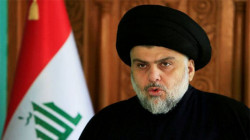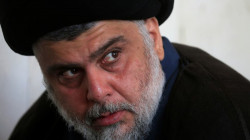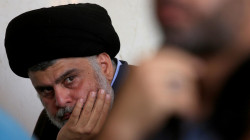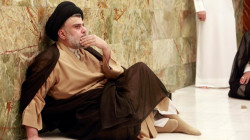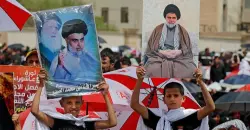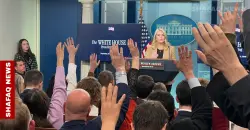FT: Sadr’s victory will not ease Iraq’s malaise
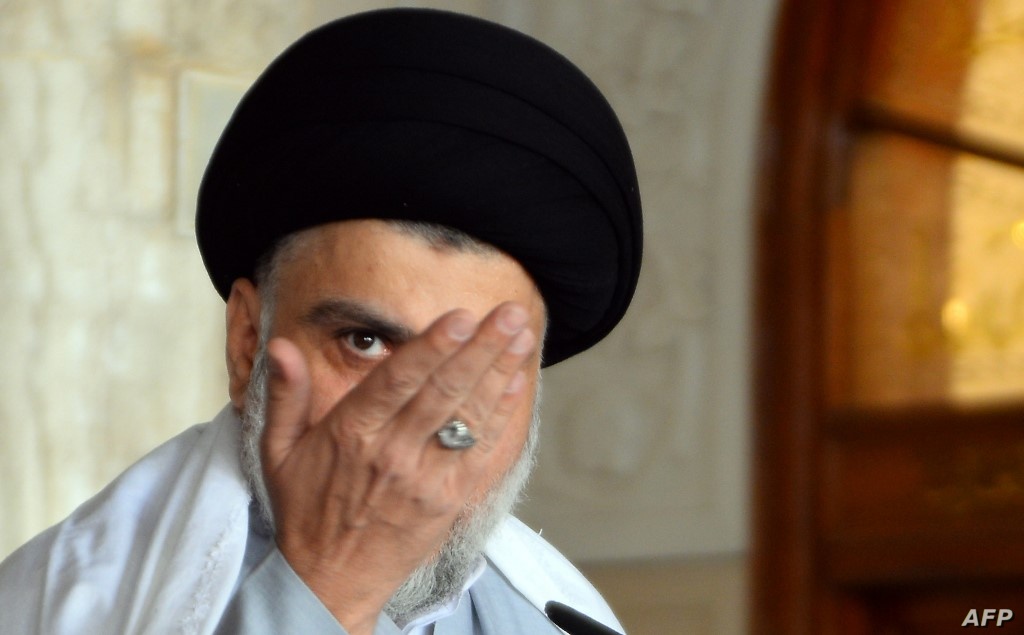
Shafaq News/ When Iraqis braved violence to vote in their country’s first election two years after the 2003 US-led invasion toppled dictator Saddam Hussein, then President George W Bush stated that Iraqi “men and women have taken rightful control of their country’s destiny”. Yet 16 years and five parliamentary elections later, Iraqis are still waiting for Bush’s words to ring true.
In this month’s election, just 41 per cent of registered voters bothered to cast ballots, the lowest turnout in the post-Saddam era. The apathy underscored the disillusionment Iraqis have for the democratic experiment ushered in by the Bush administration that promised so much but has, so far, delivered so little.
At successive elections, Iraqis’ common refrain is that the same old factions are competing in a system rotten with corruption and patronage, a system that has squandered the oil-rich country’s wealth and failed to provide jobs and basic services.
The latest election was won by a bloc led by Moqtada al-Sadr, a maverick cleric whose Mahdi Army spearheaded the Shia resistance against the US-led occupation and was a protagonist in the sectarian violence that pushed Iraq to the brink of civil war. In politics, he models himself as a champion of the Shia poor and a nationalist who will negate the competing — and destabilising — influences of the US and Iran.
Hopes that he would not be a stooge of Tehran led US policymakers in recent times to believe a government with a strong Sadrist component may help counter the influence of more pro-Iranian factions and their militias.
Fatah, an alliance of Iranian-backed groups affiliated to powerful militias, suffered at the polls as its number of seats plummeted from 48 to 20. In contrast, Sadr’s bloc won 73 of the assembly’s 329 seats.
The nature of a fragmented political system, based on ethnic and sectarian quotas, means the Sadrists will have to trade with rivals to form a coalition. The pro-Iranian militants’ military strength ensures they will almost certainly have to be part of the equation. And it would be simplistic to assume that Sadr, who has had an ambiguous relationship with Tehran over the years, will be an anti-Iranian force.
Sadr’s victory may increase the chances of prime minister Mustafa al-Kadhimi serving a second term. Kadhimi won plaudits in the west for signalling an intent to rein in the more militant Iranian-aligned militias, accused of targeting US troops and killing and intimidating opponents, including pro-democracy activists. But his tentative efforts have been met with aggressive counter-reactions that only reinforced the state’s weakness.
Kadhimi has also become dependent on the support of the Sadrists, who face the same accusations of corruption as others. Sadr portrays himself as a reformist but he is a populist who is unlikely to pursue the economic and social reforms Iraq needs, and he is part of an establishment that has consistently put its own interests first.
In a region where autocrats rule, Iraqis do at least have the option to vote — a right denied to so many of their neighbours. But Iraq offers a lesson that elections alone do not ensure the creation of a fully functioning democracy.
The west’s failure, and the US’ in particular, has been to view Iraq through the prism of Iran and bet on leaders they believe best represent western interests. They would be far better to think beyond the short-term and support efforts that address the root causes of Iraq’s malaise, starting with accountability for rights abuses and corruption. Only then can Iraqis start truly believing in the democracy they were promised 18 years ago.
Originally published on the Financial Times
